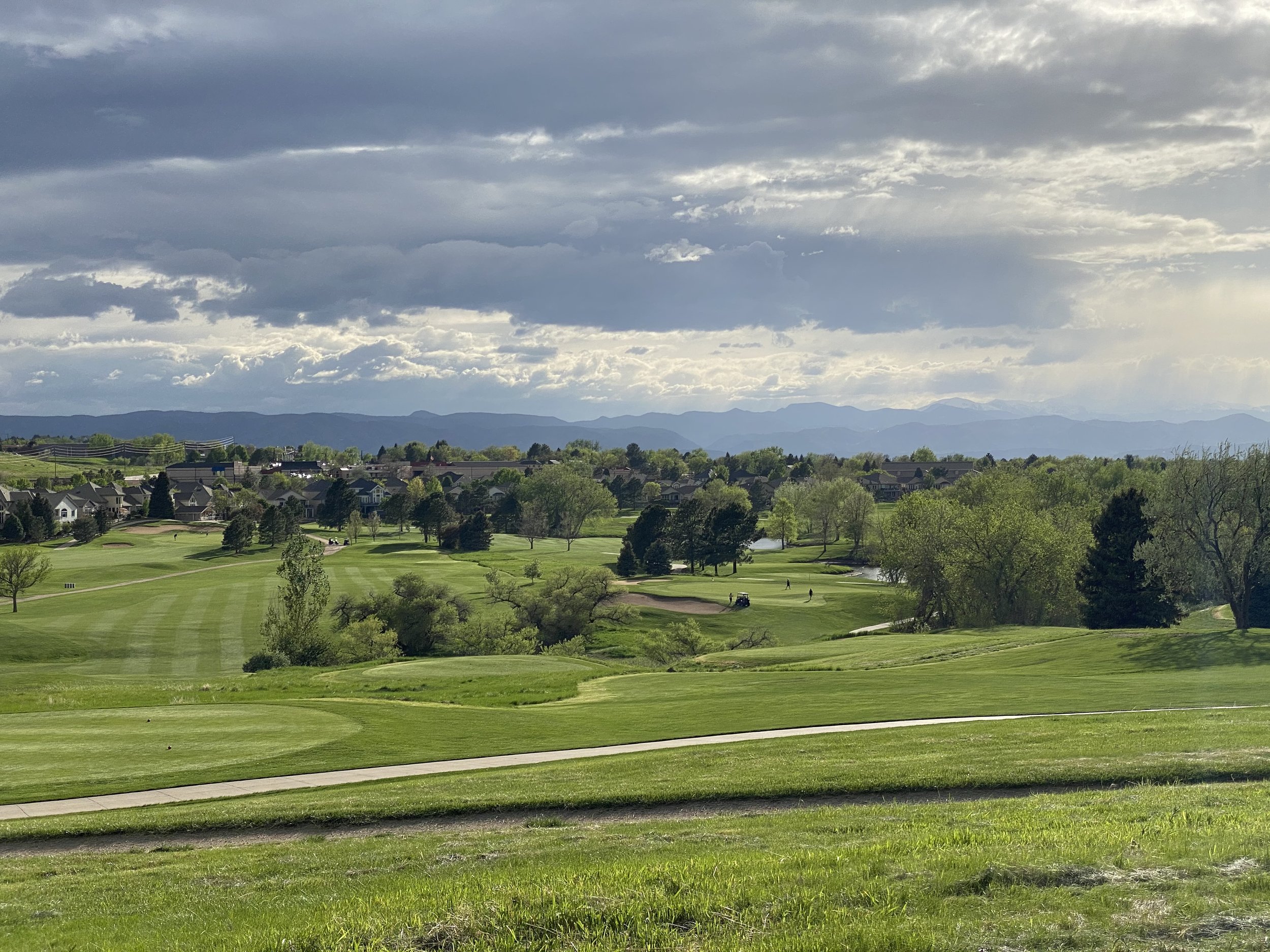At Rich Golf Guys we are redefining wealth, putting genuine human connection and the simple pleasures of life above the accumulation of monetary riches, digital lifestyles, and the pressure cooker that results from inflated expectations.
Scientific evidence suggests that embracing our philosophy is a multi-faceted investment into longevity, mental health, digital detox, and community building.
Live connected. Be present.

Fixed
-
Why golf? Think about it: a sport where you can walk around, chat for hours, and occasionally whack a ball? Genius. Plus, nobody judges you if you suck, because let's face it: we all do. Half the time everyone’s just there for the fresh air and lazy banter (and inside jokes!).
Not into golf? No problem! Just find something that lets you connect with people in a laid-back, low-pressure way (Trivia night? Poker?). -
It turns out that wealth really is more than just about having a fat bank account. Charles Schwab’s Modern Wealth Survey found that the majority of Americans actually define wealth by things money can’t buy—like good relationships and good health. Specifically, 62% of people said that enjoying healthy relationships with friends and family feels more like wealth than just stacking cash.
And it’s not just about relationships. While money can help, it’s clear that what really makes people feel wealthy is having time for the things that matter most—friends, family, and experiences that enrich their lives. Most of those require company.
-
There's the 'haves' and the 'have-nots' and social media tells you clearly that you better be among the 'haves'.
Imagine living without stress constantly breathing down your neck, no tossing and turning at 3 a.m. because your mind won’t shut off, and no more spirals of loneliness that make you feel like a Wi-Fi signal without a router. When you’re focused on real connections—whether it’s with friends, family, or just good old-fashioned nature—you start to shed all those things that quietly drain your happiness.
Turns out, not having all that baggage is one of the richest ways to live.
~700 words | ~4 minutes
Broken
-
Social media was envisioned to be a means of 'hyper-connectedness', but now it’s just a place where everyone shows off their best bits. And let’s be real, that can make a lot of people feel like they’re not enough ("Ken-ough" even, if you've seen Barbie). Instead of bringing people together, social media is making them feel more alone. Scott Galloway, who has written a ton about this, says that comparing yourself to these 'perfect' lives online can really mess with your head and make you feel even lonelier.
-
Richard V. Reeves, who wrote Of Boys and Men, talks about how we’ve moved toward more solo, digital interactions, which means fewer chances to call someone ugly to their face. Guys aren’t hanging out in country clubs or cigar parlors anymore, and many aren't finding camaraderie at work either. All these were support systems hiding in plain sight, and as is the case with so many things we take for granted, we don't notice them until they're gone.
-
Galloway, Reeves, Jonathan Haidt, and a bunch of other authors say that guys young and old are getting stuck in these digital worlds, mistaking shallow connections for real ones. When those connections don’t hold up, it leads to more and more pulling away from people, and soon they'll be saying stuff like:
"I love inside jokes. I'd love to be part of one someday." - Michael Scott/The Office. -
Individuals with poor social connections are 50% (!) more likely to experience depression.
People without adequate social interactions are more likely to suffer from sleep disorders.
Once you get older, social isolation will also contribute to an increase in risk of developing conditions like Alzheimer's disease.
And that's just on the mental side of things. A weakened immune system (increased stress hormones like cortisol suppress immune function), and even an increased risk of heart disease and stroke are among the more dire physical consequences.

